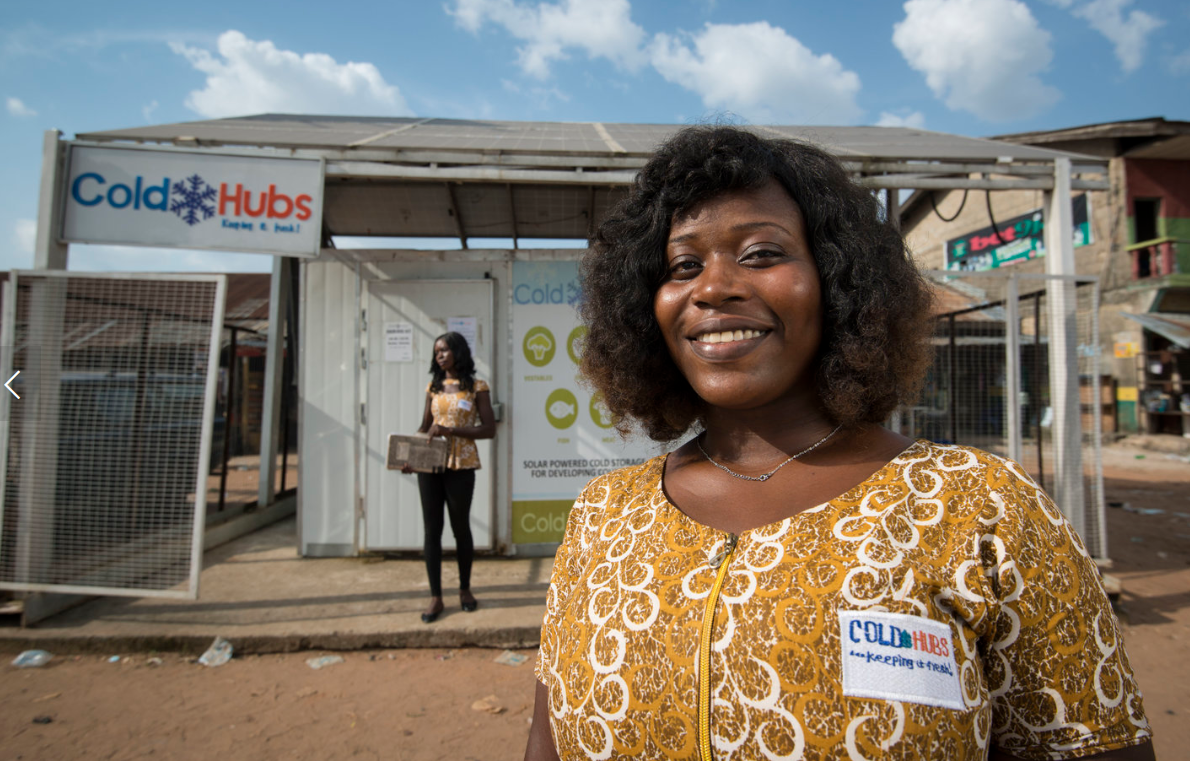Today, internet access is as essential as electricity. It empowers entrepreneurs to start and grow small businesses, farmers to implement precision agriculture, doctors to improve community health and students to do better in school. But almost half the world’s population is still not online, often because they live in underserved areas, and therefore miss out on opportunities to take advantage of and become part of the digital economy. As a global technology company, we believe we have a responsibility and a great opportunity to help close this gap.
That’s why we’re excited to announce the eight early-stage companies selected for our third annual Airband Grant Fund. These start-ups are overcoming barriers to provide affordable internet access to unconnected and underserved communities in the U.S., Africa and Asia using TV white spaces (TVWS) and other promising last-mile access technologies. Our grant fund will provide financing, technology, mentorship, networking opportunities and other support to help scale these start-ups’ innovative new technologies, services and business models. The Airband Grant Fund is part of the Microsoft Airband Initiative, launched last year to extend broadband access across the United States and, ultimately, connectivity around the globe.
We are excited to partner with this year’s cohort of Airband grantees, which include:
- US: CV Wireless (Essex County, New York), Skylark Wireless (Mingo County, West Virginia), Tribal Digital Village (Valley Center, California) and Numbers4Health(Texas, Maine, and Compton, California).
- Africa: Mesh Power (Rwanda), Cold Hubs (Nigeria) and Agsol (Kenya)
- Asia: ME Solshare (Bangladesh)
These companies are improving life for some of the most underserved communities here in the U.S. and around the world. For example, approximately 35 percent of people living on tribal lands in the U.S. lack broadband. Tribal Digital Village wants to change that. With support from our Airband Grant Fund, they will use TVWS – vacant broadcast spectrum that enables internet connections in challenging rural terrain – and other technologies to deploy broadband to tribal homes on 20 isolated reservations in Southern California. “We realized that without access to the internet, tribal students weren’t going to have access to advanced opportunities that other kids had,” said Matt Rantanen, director of technology for Tribal Digital Village. “But there was no infrastructure on tribal land and no telecommunications companies wanted to work with us to build it out. So we had to build it ourselves.”
ColdHubs is another organization finding innovative ways to tackle the broadband access challenge. In Owerri, Nigeria, ColdHubs is transforming their refrigerated crop storage rooms into Wi-Fi hot spots using TVWS technology. The company aims to empower smallholder farmers with the ability to earn better livelihoods. Their solar-powered crop storage facilities help reduce food spoilage, which causes 470 million smallholder farmers to lose 25 percent of their annual income. Farmers who use ColdHubs can extend the freshness of their fruits and vegetables from two to about 21 days, reducing post-harvest loss by 80 percent. By turning these facilities into Wi-Fi “Farm Connect Centers,” ColdHubs will enable farmers to get online and access agricultural training, resources to improve crop yields and marketing and digital skills training.
Whether in the U.S. or around the world, we believe in nurturing innovative solutions by supporting local companies and entrepreneurs. We are eager to work in close partnership with these Airband Grant Fund recipients over the next year to refine and expand the reach of their solutions. And in the coming months, we’ll have more to share on the exciting progress we’re making on our Airband Initiative, and our goal to deliver broadband to 2 million rural Americans by 2022, and to extend connectivity to underserved communities around the world. Learn more about the Airband Grant Fund recipients here.

